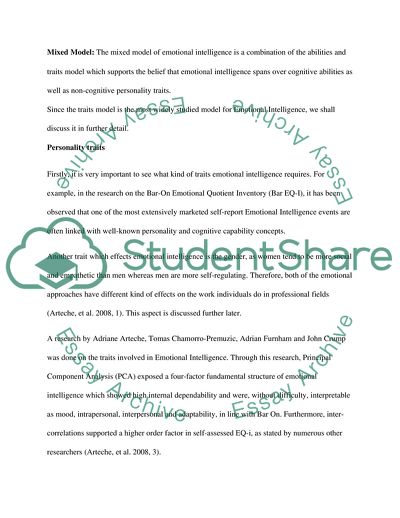Cite this document
(Organisation business Coursework Example | Topics and Well Written Essays - 1750 words, n.d.)
Organisation business Coursework Example | Topics and Well Written Essays - 1750 words. https://studentshare.org/human-resources/1749683-organisation-business
Organisation business Coursework Example | Topics and Well Written Essays - 1750 words. https://studentshare.org/human-resources/1749683-organisation-business
(Organisation Business Coursework Example | Topics and Well Written Essays - 1750 Words)
Organisation Business Coursework Example | Topics and Well Written Essays - 1750 Words. https://studentshare.org/human-resources/1749683-organisation-business.
Organisation Business Coursework Example | Topics and Well Written Essays - 1750 Words. https://studentshare.org/human-resources/1749683-organisation-business.
“Organisation Business Coursework Example | Topics and Well Written Essays - 1750 Words”. https://studentshare.org/human-resources/1749683-organisation-business.


